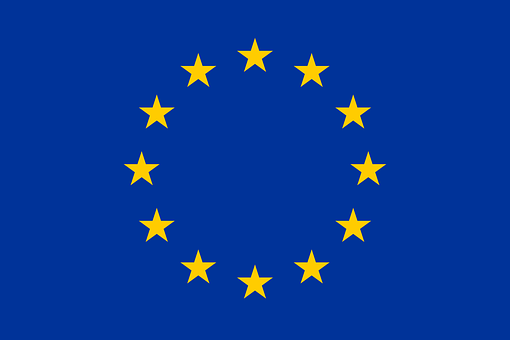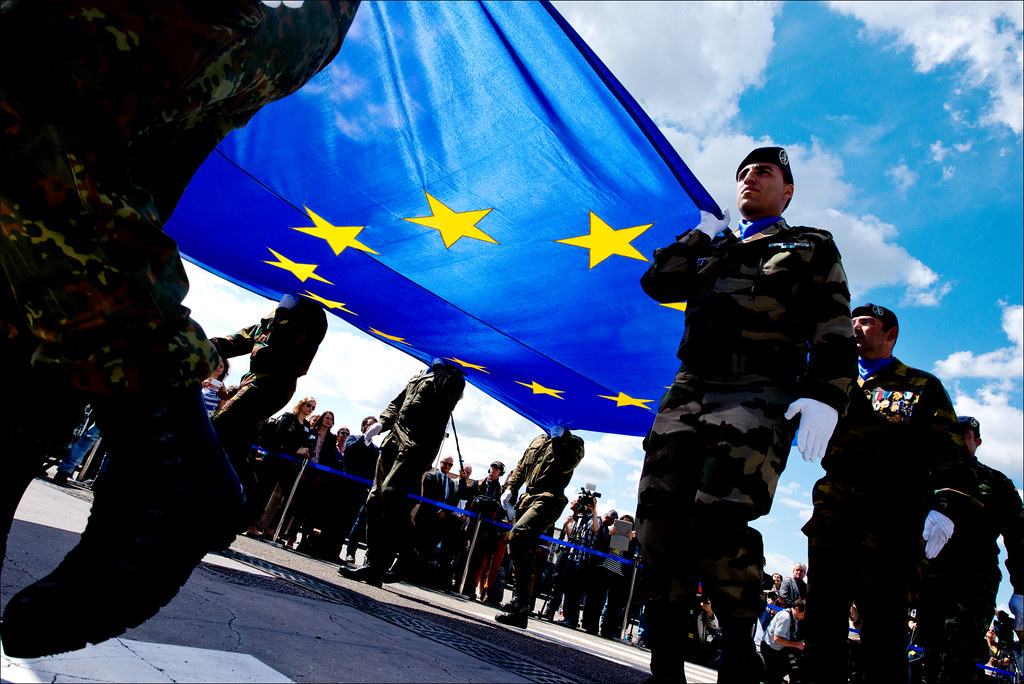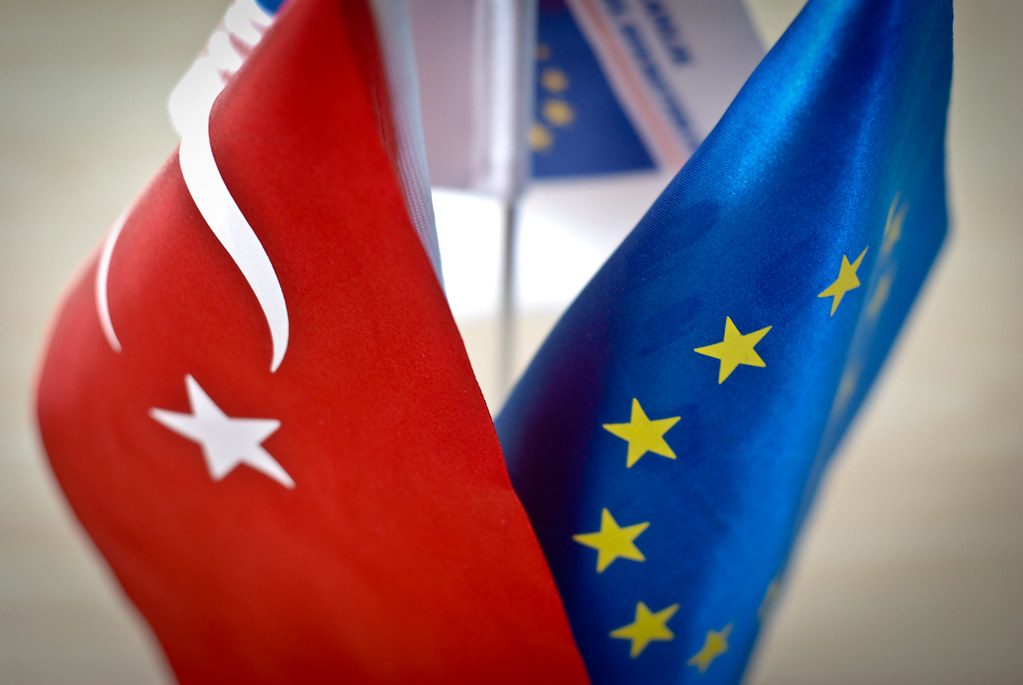Samuel Paty, History-Geography and Citizenship middle-school teacher in Conflans-Sainte-Honorine, was murdered on October 16 2020 a few days after showing students Charlie Hebdo’s caricatures of the Prophet Muhammad during a class on free speech.
The attack is a socking reminder of the decade old tensions affecting French society. Islam has been instrumentalised by religiously illiterate jihadism and laïcité (secularism) hijacked by the Front National. Echoing the Minster for Education, Jean-Michel Blanquer, 18 year old Abdouallakh Anzorov perpetrated an “attack against the Republic”, a democracy of a religiously diverse peace loving citizenry starving for a society free of intimidation.
History-Geography and EMC teachers in French secondary schools have had to grapple for the last few years with counteracting France’s polarisation owing to a reactionary minority aiming to destabilise citizens through fear. Such reactionary minorities attempt to ostracise Muslim voices in public spheres, embodied by the Front National’s rejection of Islam from French laïque morality under the guise of an exclusive “Judeo-Christian” heritage, and radical Islamists attempting to repress freedom of expression and critical thinking. What unites these destabilising forces is a rejection of a diversifying intercultural society and the instrumentalisation of religion for divisive ends.
The Religification of French society
Mr Paty’s murder is the tipping point for Humanities teachers, who have for long walked the tight rope of commitments to tolerance and the ‘oeil critique’ (critical lens) as specified by the 2013‘Charte de la Laïcité’ for schools. On the one hand, educators are bound to religious “neutrality” under the ‘1983 Law on the Rights and Obligations of Civil Servants’. On the other, they are obliged to promote “Republican values”. However, this “neutrality” is coercively rejected by radical Islamists and democratic values rhetorically warped by the Far-Right. The brunt of this division rooted in religious illiteracy, placed on educators’ shoulders, bares the hallmarks of what Wesselhoeftterms France’s religification: the invasive misrepresentation of faith for political ends. Interviewed History-Geography teachers already elucidated this danger during my PhD research.
Delphine Bernard, Marseille, 2017:
When I was a student, I never asked myself religious questions. We were truly in a laïque institution and questions about religions were very far from our minds… It was not as visible either in political debates and discourse, in people’s minds or in the media.
Camille Didier, Cannes, 2017:
The problem is that with the students we have, it is very difficult to speak openly as they are often very extreme… Unfortunately, we know more about religions than students who describe themselves as religious. They often have misconstrued religious interpretations and know very little.

2017 demonstration in Montpelier with the slogan “Freedom of thought is like oxygen, when there is none left, we die”. Pxhere
The importance for managing religious diversity and debates has reached new heights. However, radical individuals are eroding a once healthy democracy committed to religious, racial and gender equality. The scours present in much academia discussing laïcité fails to appreciate their rhetoric further feeds into the erosion of such hard won fruits. History-Geography and Citizenship teachers are accused, using Ogien’s words in 2012, of supposedly targeting an “internal enemy…those who do not share the values of the Republic”, which, in his opinion, designates Muslim students stigmatised by an incessant stream of alarmist diatribes.
These assertions further feed into the religification of French society and fail to recognise critical debate and managing diversity is integral for a well-functioning intercultural society. These interpretations bolster counter-deliberative positions such as those voiced on October 11th by the ‘Collectif Contre l’Islamophobie en France’ (CCIF) posting on Facebook when learning about Mr Paty’s class “If you wish to support us and help us make a complaint, join us in saying STOP DO NOT TOUCH OUR CHILDREN’.
“A civilisation does not kill an innocent person, barbarism does”
What the above academic interpretations fail to recognise is that ‘Republican Values’ and the ‘oeil critique’ in secondary schools are not catalysts further polarisingFrench society, but a remedy to this precise social ailment. It is true French Humanities subjects might do well to impart more developed forms of non-confessional religious literacy as an antidote to ethno-religious intolerance. However, wouldn’t’ an education system acknowledging religious traditions while avoiding a management of difference and a commitment to common values be failing in building a democratically engaged student population?

Approaching current dilemmas, as Mr Paty did, is not a variant of a secularist dogma but a commitment to the values of ‘liberty, equality and fraternity’ assailed by radical individuals rejecting the evolution of a religious diverse, intercultural and egalitarian society. Apart from promoting critical debate, this approach may also require a currently lacking greater engagement with religious literacy within the confines of secular jurisprudence. This is essential to reinforce to students and future adult citizens what Imam Tareq Oubrou said in Bordeaux “a civilisation does not kill an innocent person, barbarism does”.
James Sampere Peacock is a Ph.D. candidate in the School of Politics, Philosophy, Language and Communications at the University of East Anglia.





